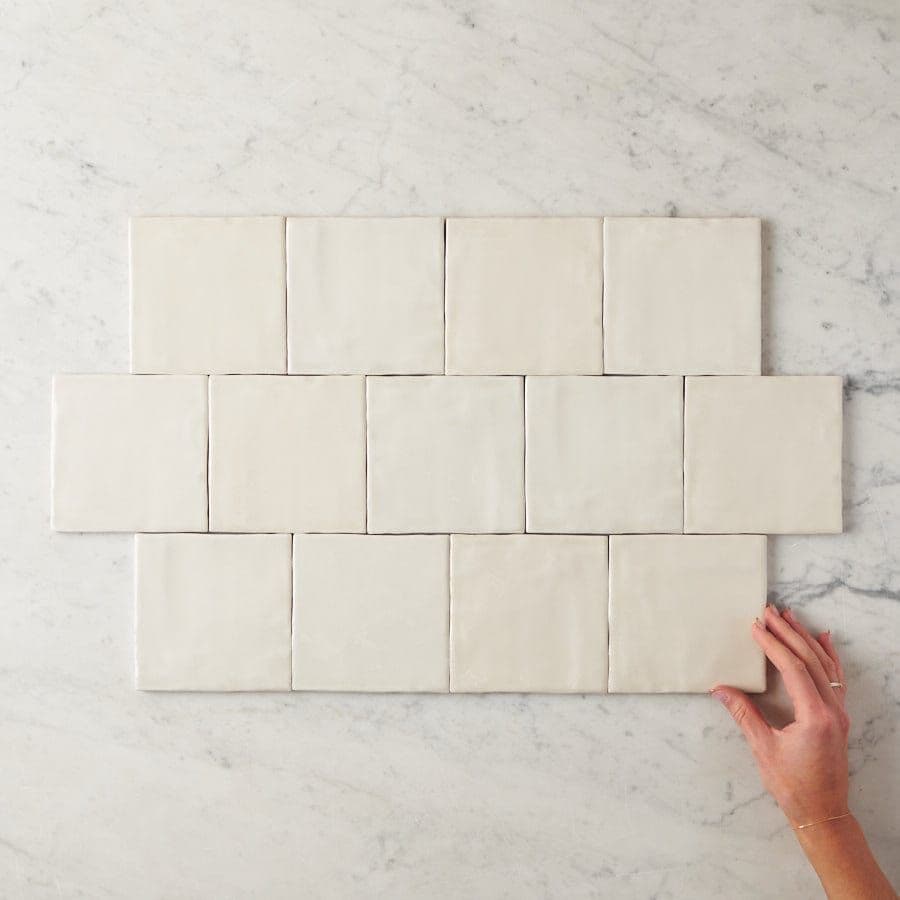
Kitchen & Laundry Splashback Tiles

Newport Gloss Bone Mixed Square Tile
$96/m2
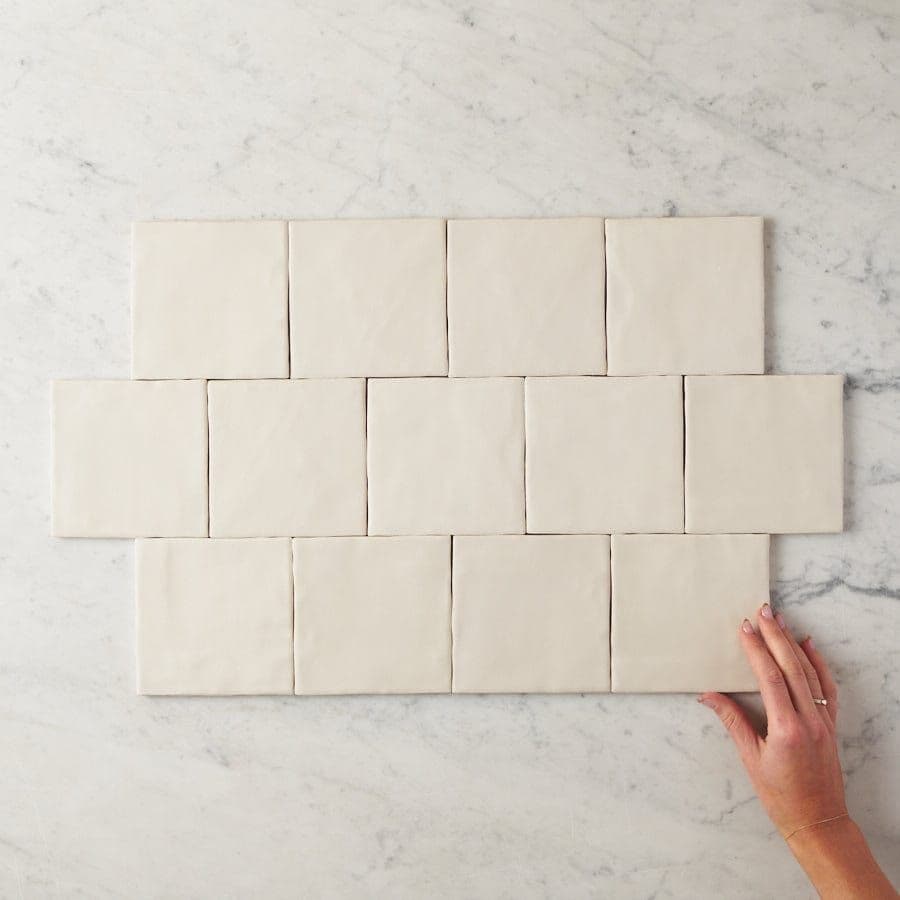
Newport Matte Bone Mixed Square TileTileCloud
$96/m2
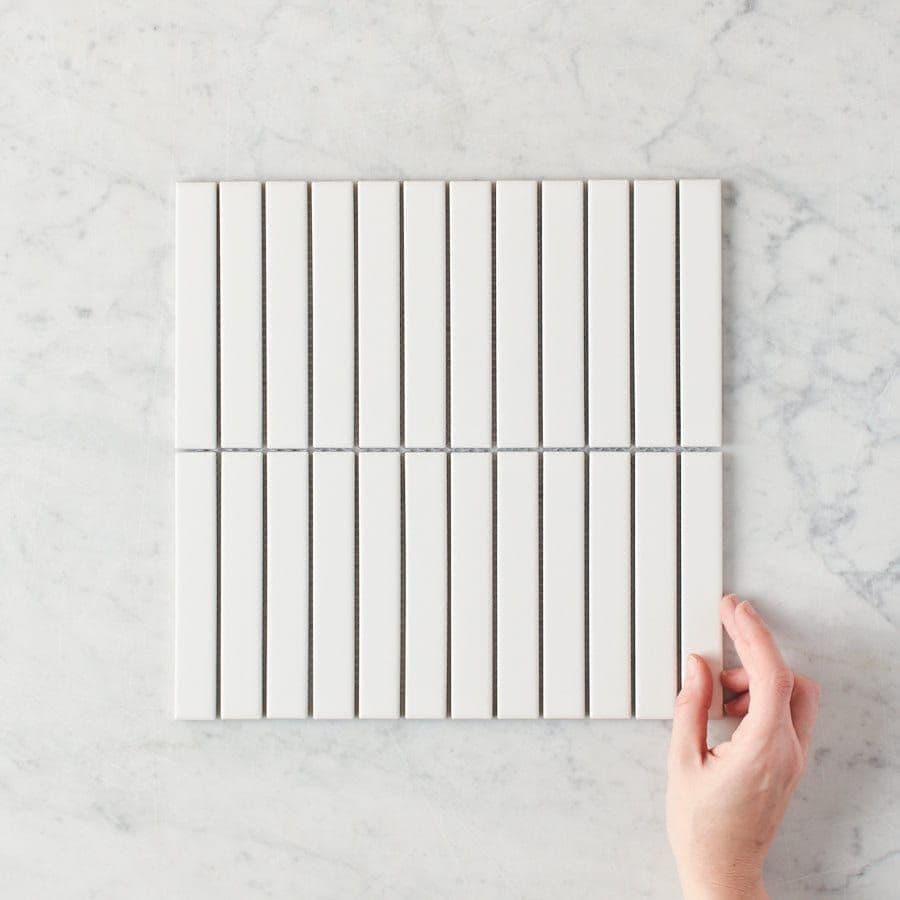
Brunswick Kit Kat Matte White Tile
$70.36/m2
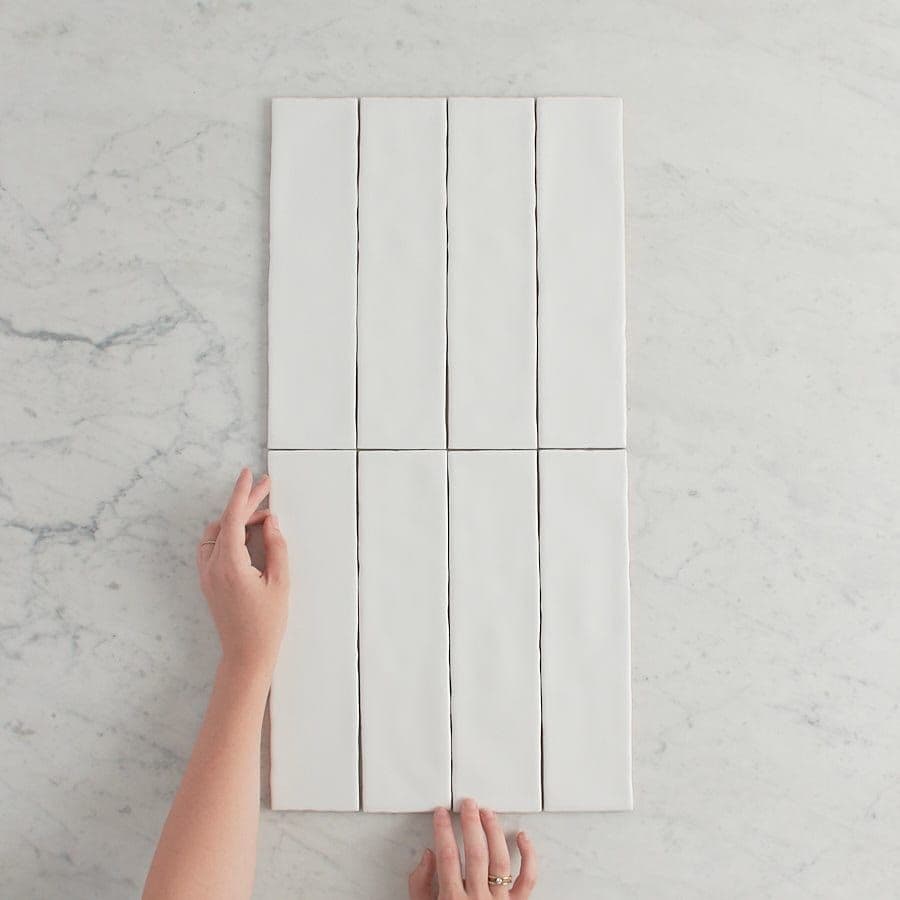
Newport Matte Subway White Tile
$64.35/m2
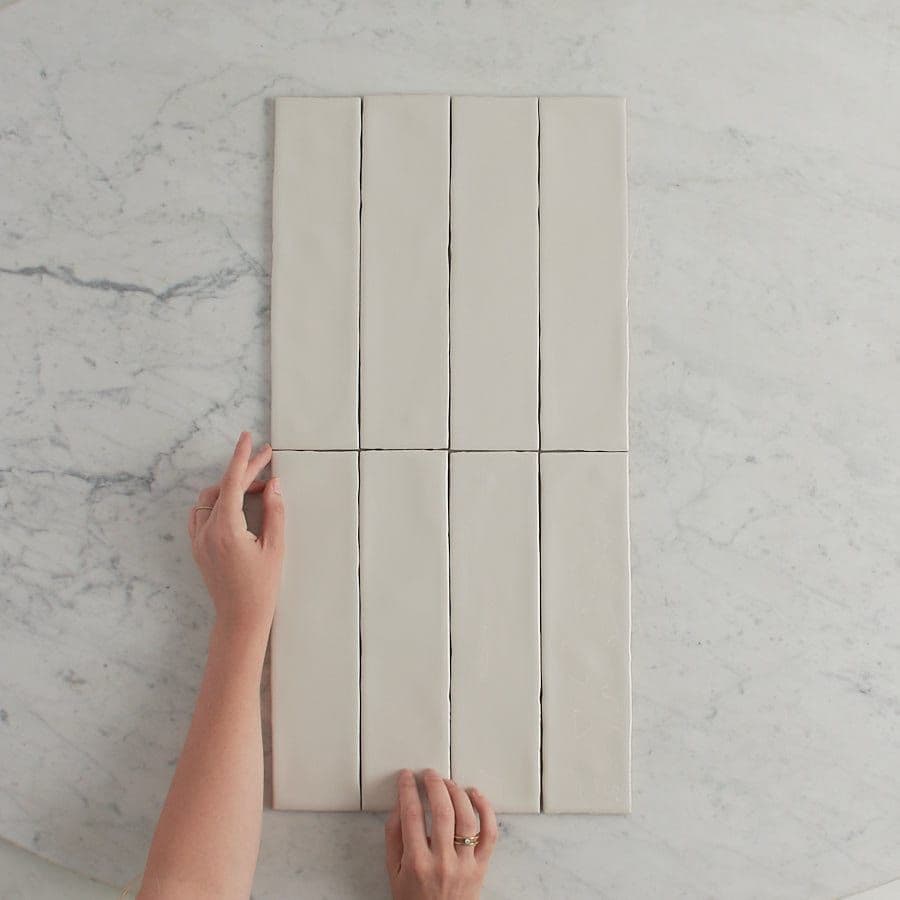
Newport Gloss Subway Bone Tile
$75.65/m2
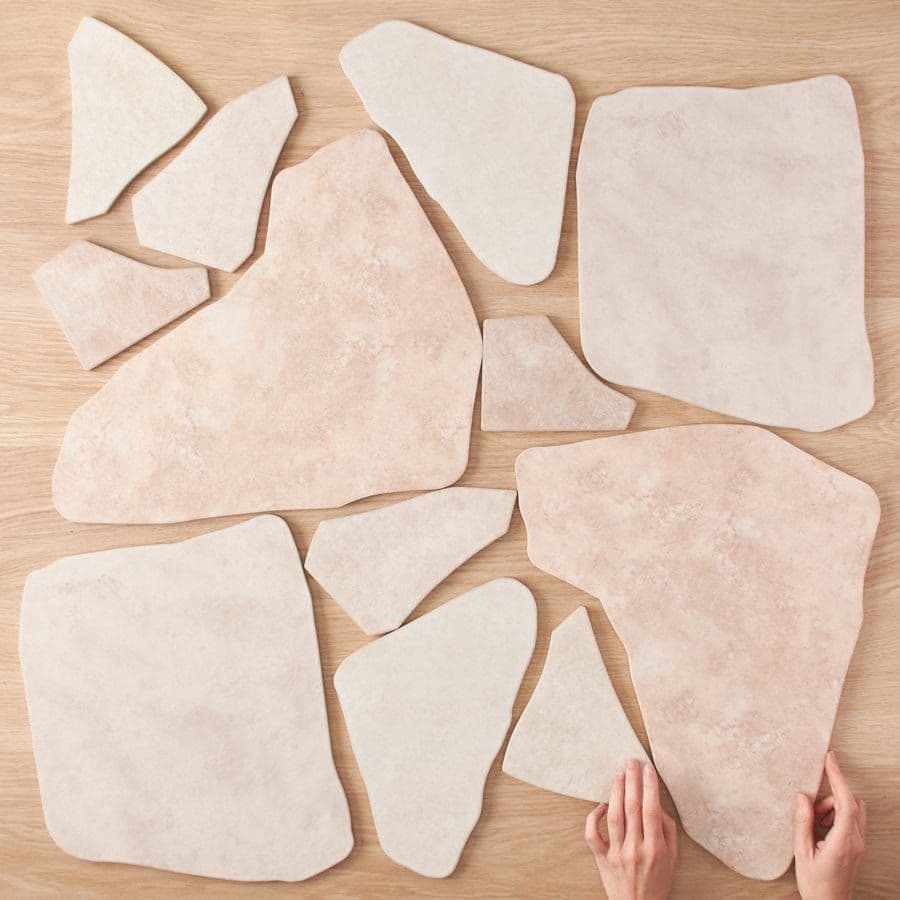
Clovelly Stone Look Crazy Paving Tile
$128.7/m2
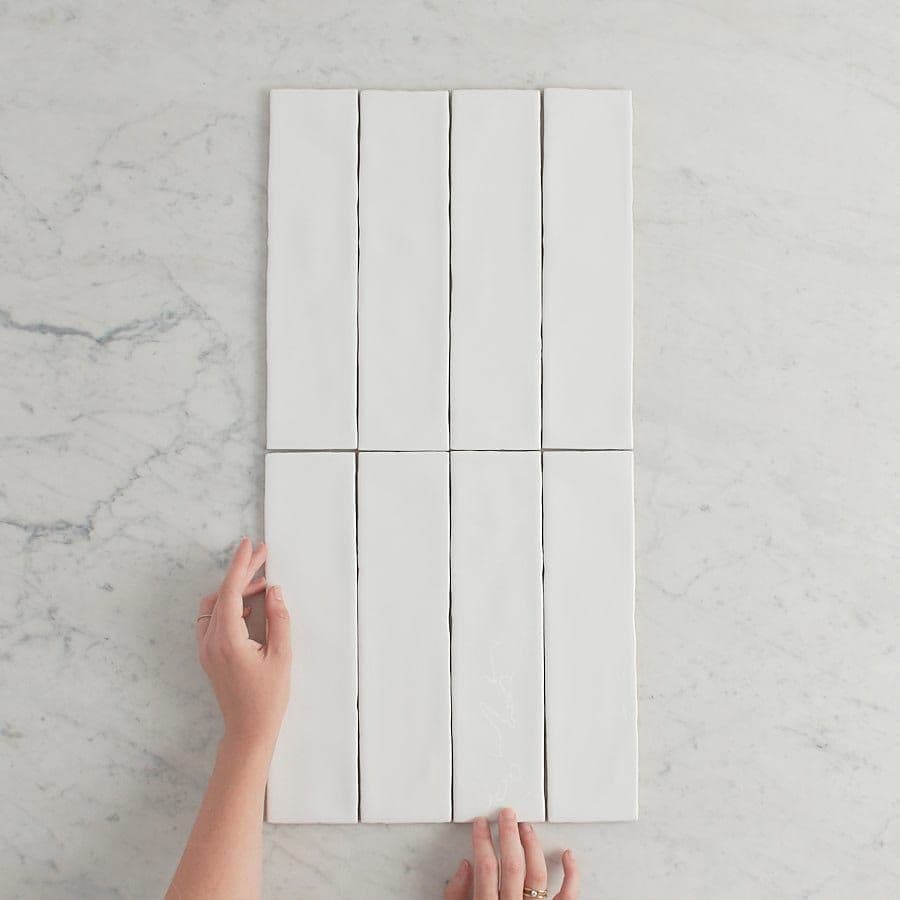
Newport Gloss Subway White Tile
$64.35/m2
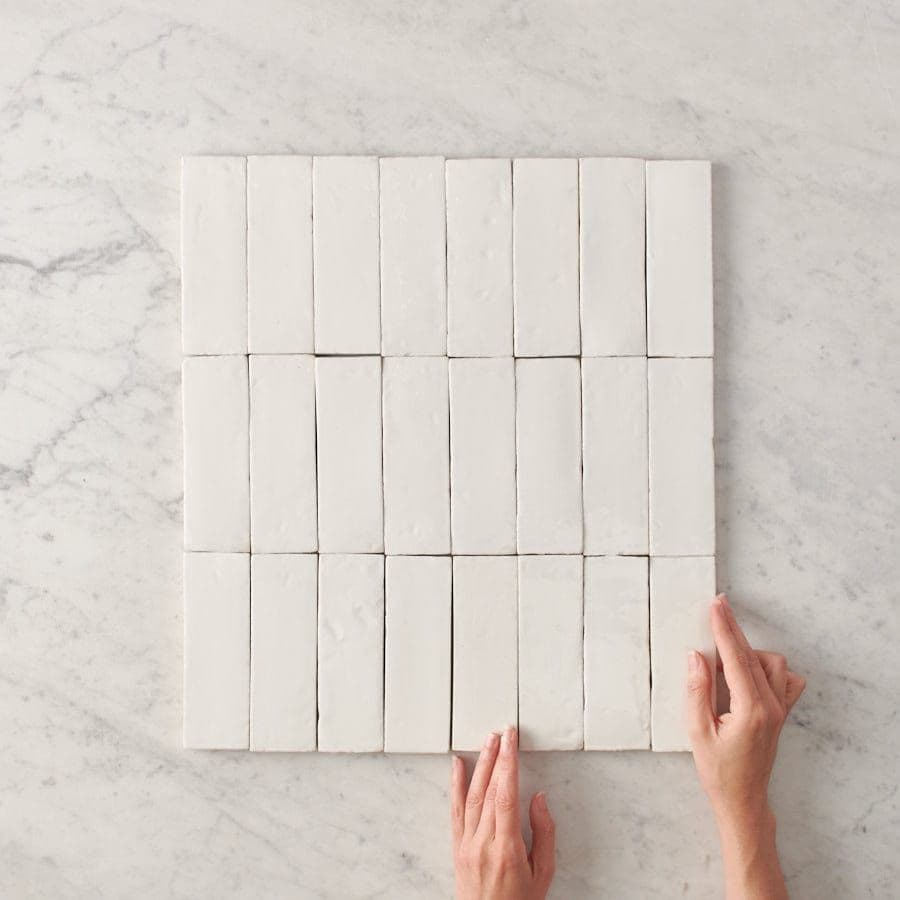
Noosa Gloss Zellige White Tile
$200/m2
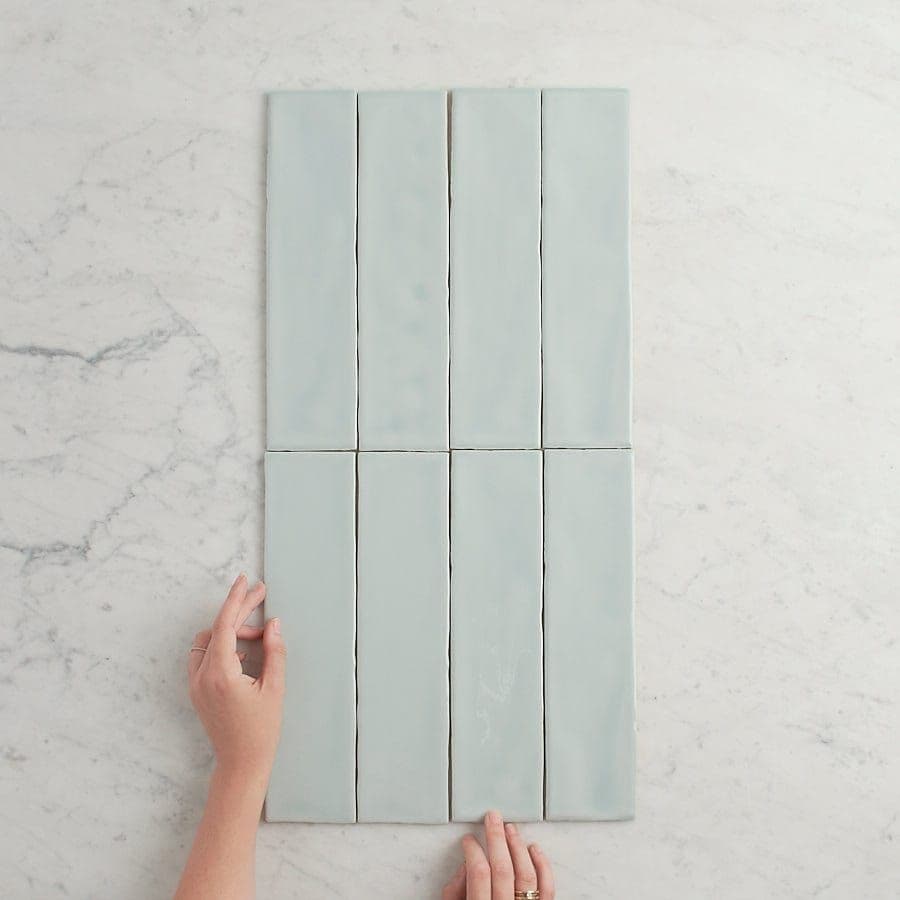
Newport Gloss Subway Sky Blue Tile
$65.22/m2
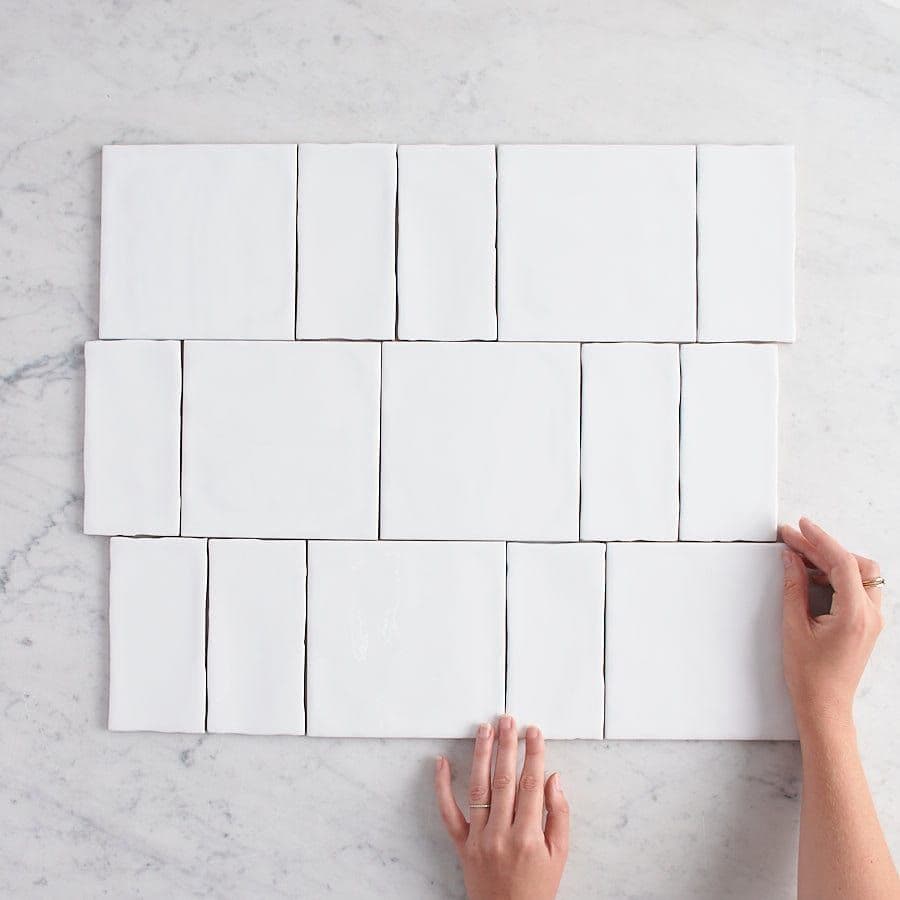
Newport Matte Square & Subway Pattern Tile
$86.9/m2
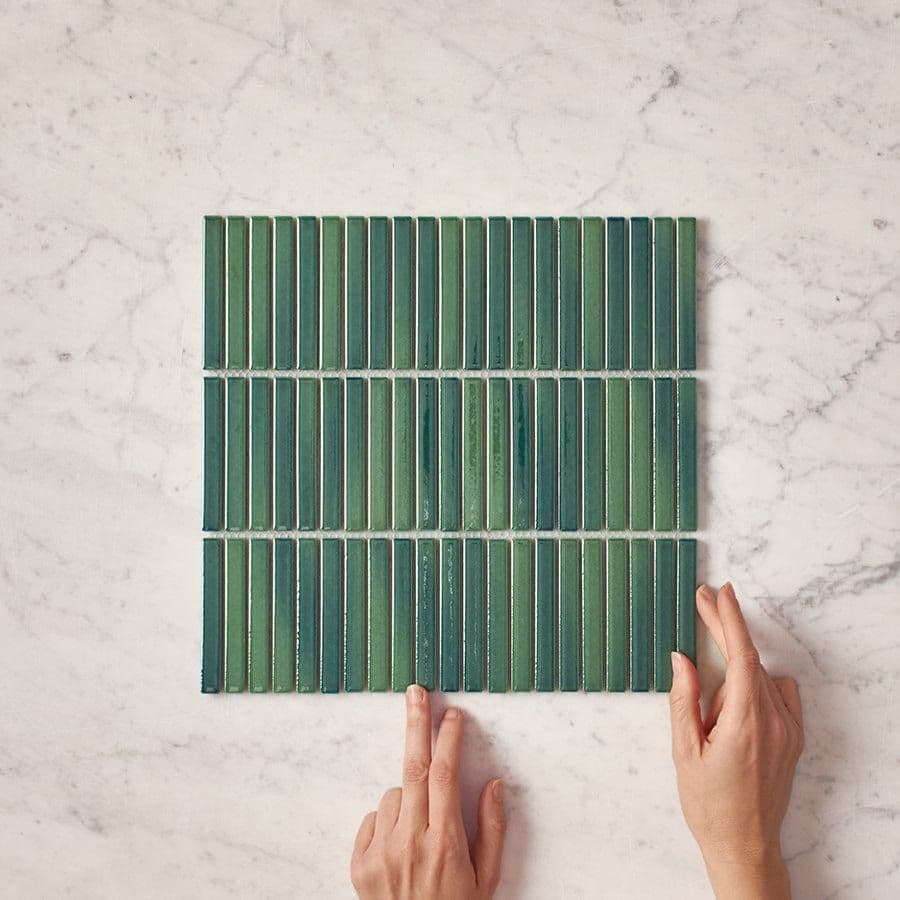
Coogee Antique Forest Green Kit Kat Mosaic Tile
$140.3/m2
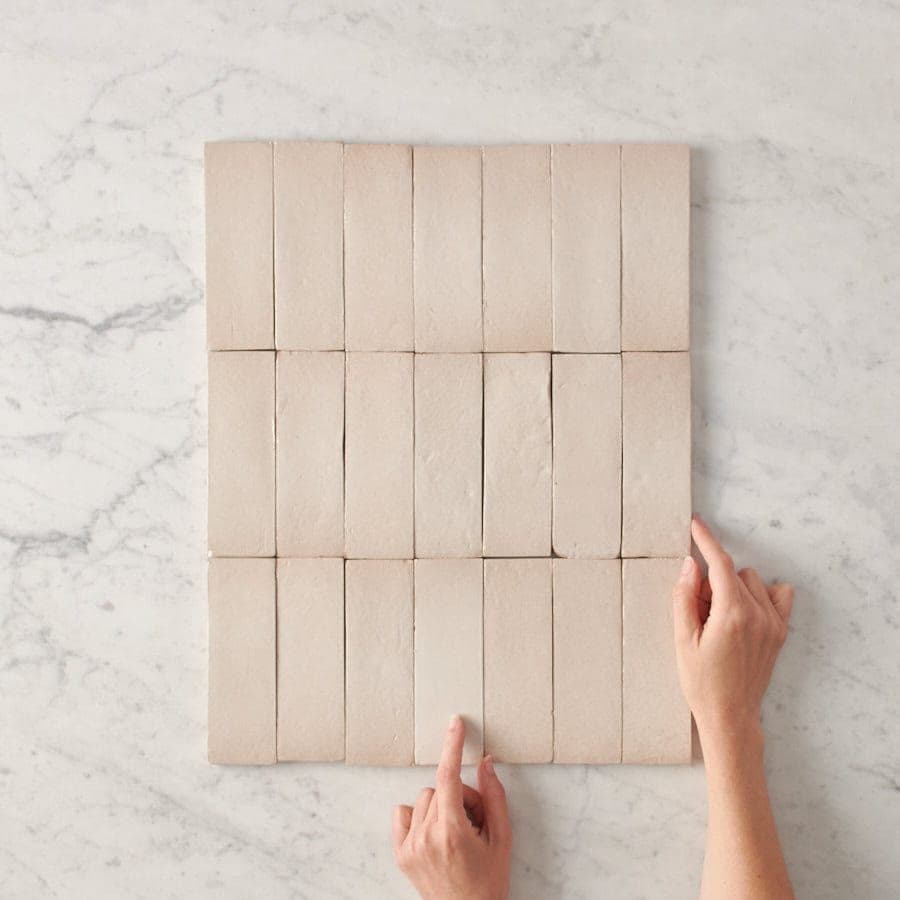
Noosa Gloss Zellige Taupe Tile
$200/m2
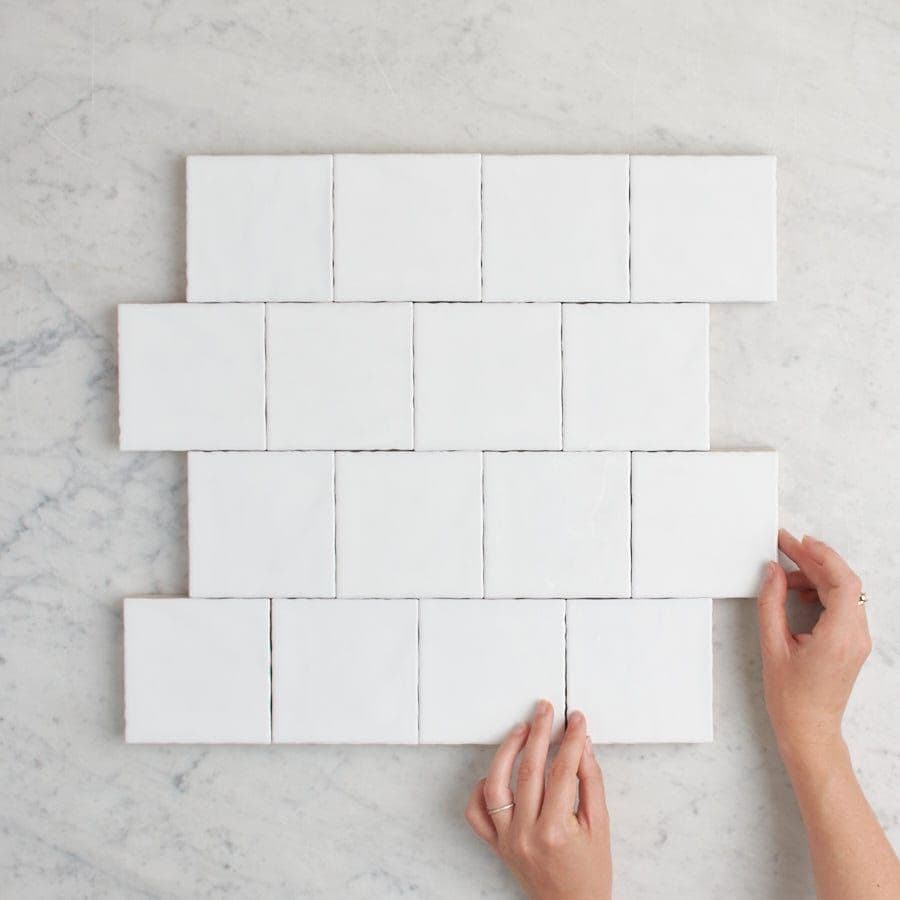
Newport Gloss White Small Square Tile
$91.96/m2
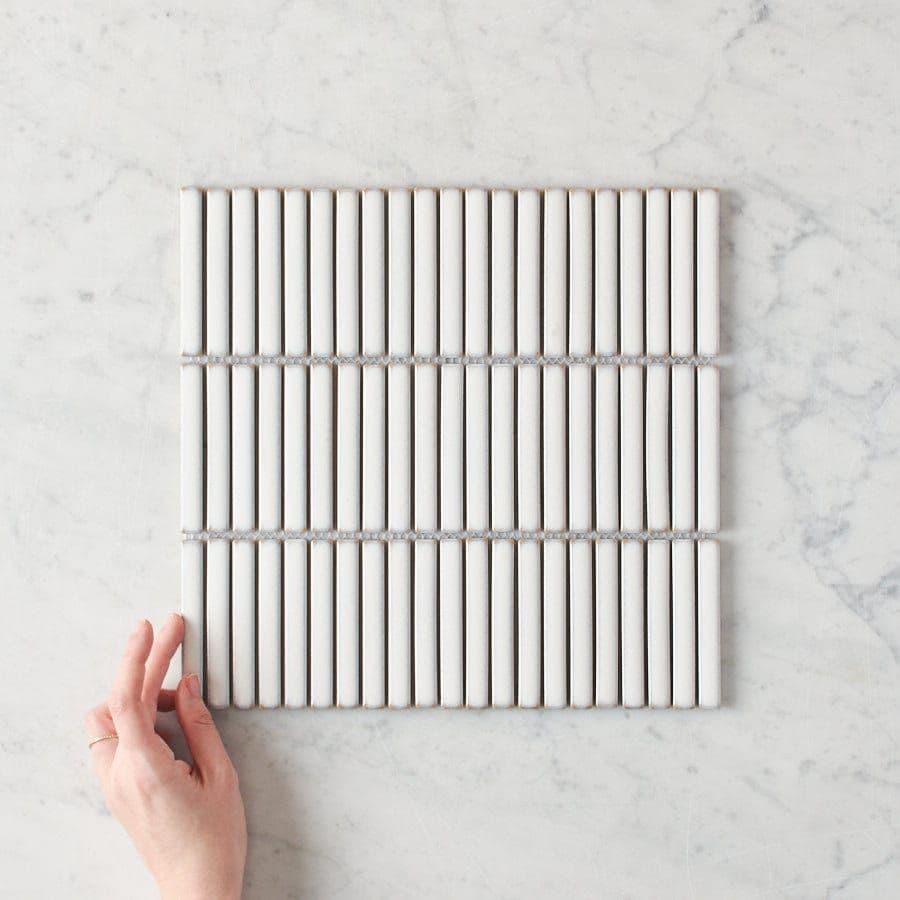
Coogee Antique White Kit Kat Mosaic tile
$135.32/m2
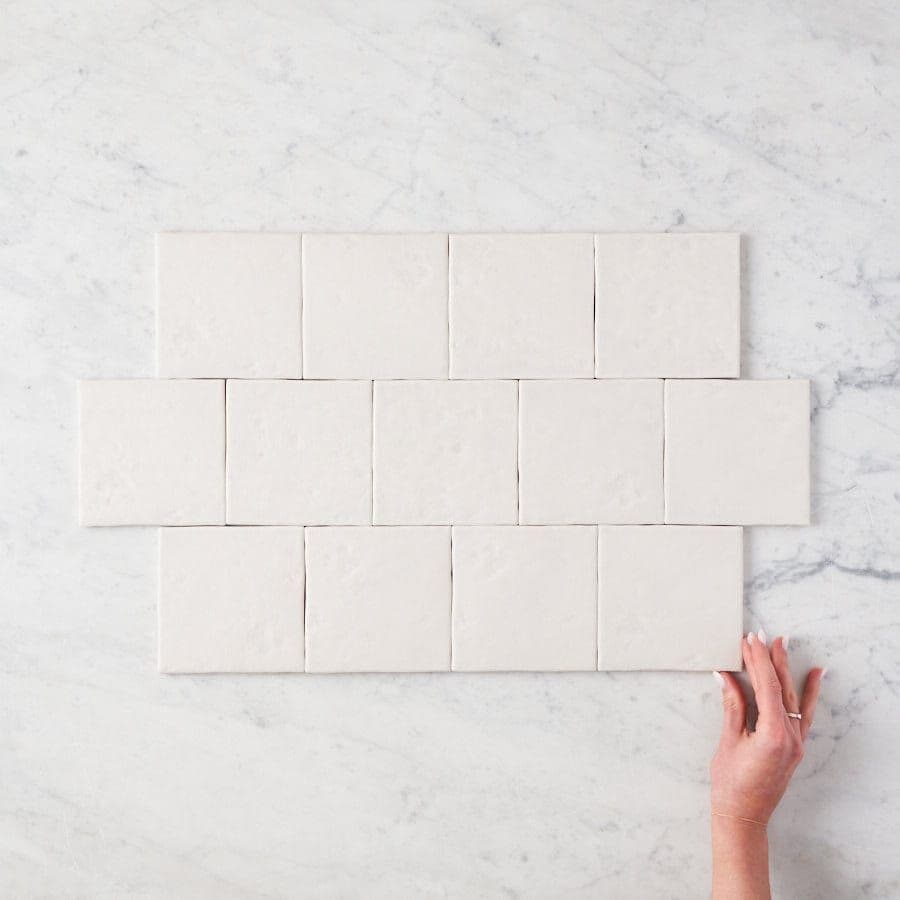
Albert Park Square Matte Vanilla Tile
$96/m2
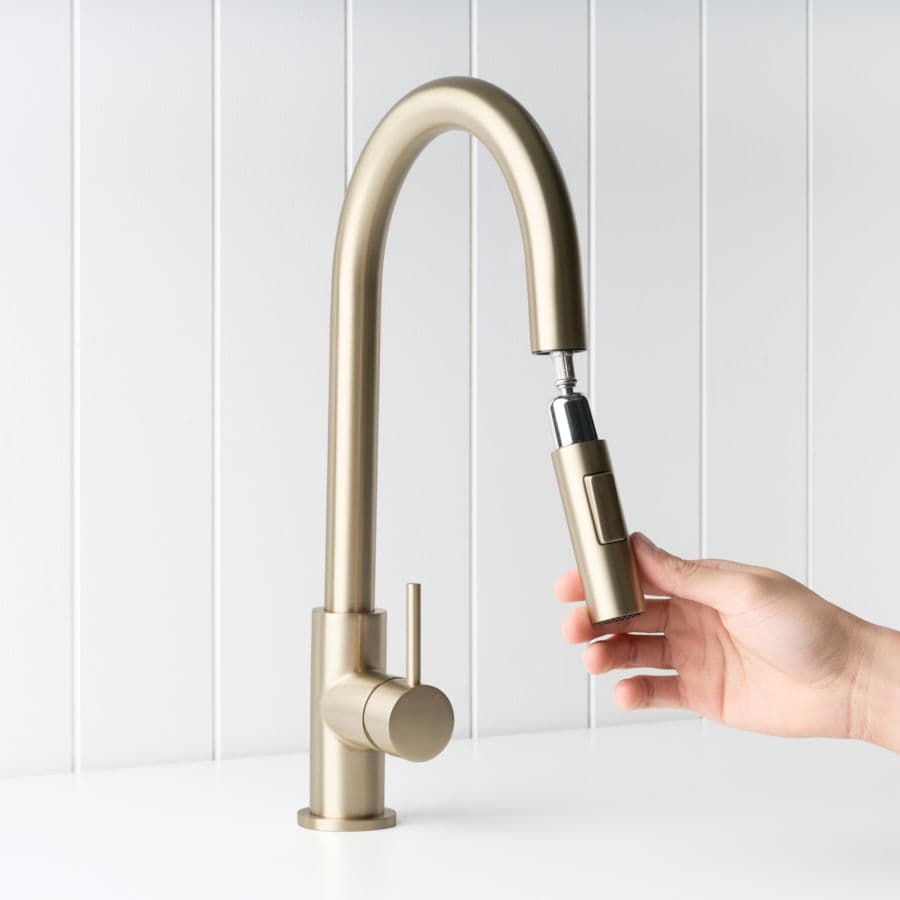
Sydney Dual Function Pullout Kitchen Mixer Warm Brushed NickelYabby Tapware
$544
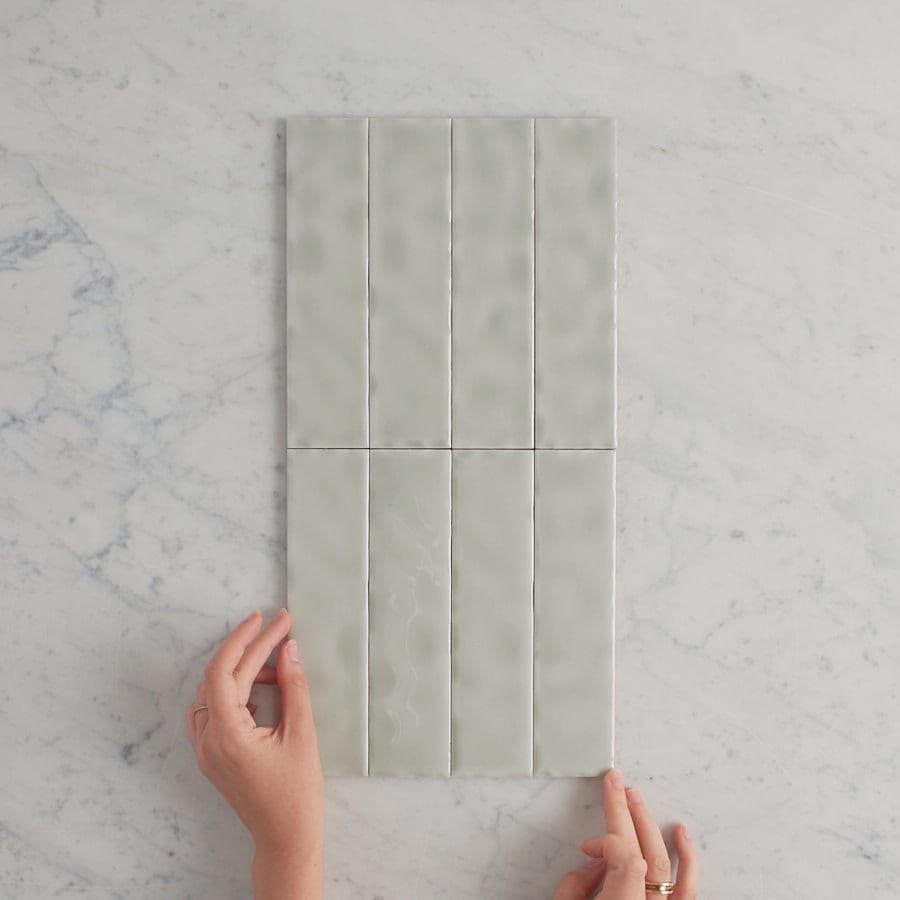
Newport Gloss Mini Subway Sage Green Tile
$76.43/m2
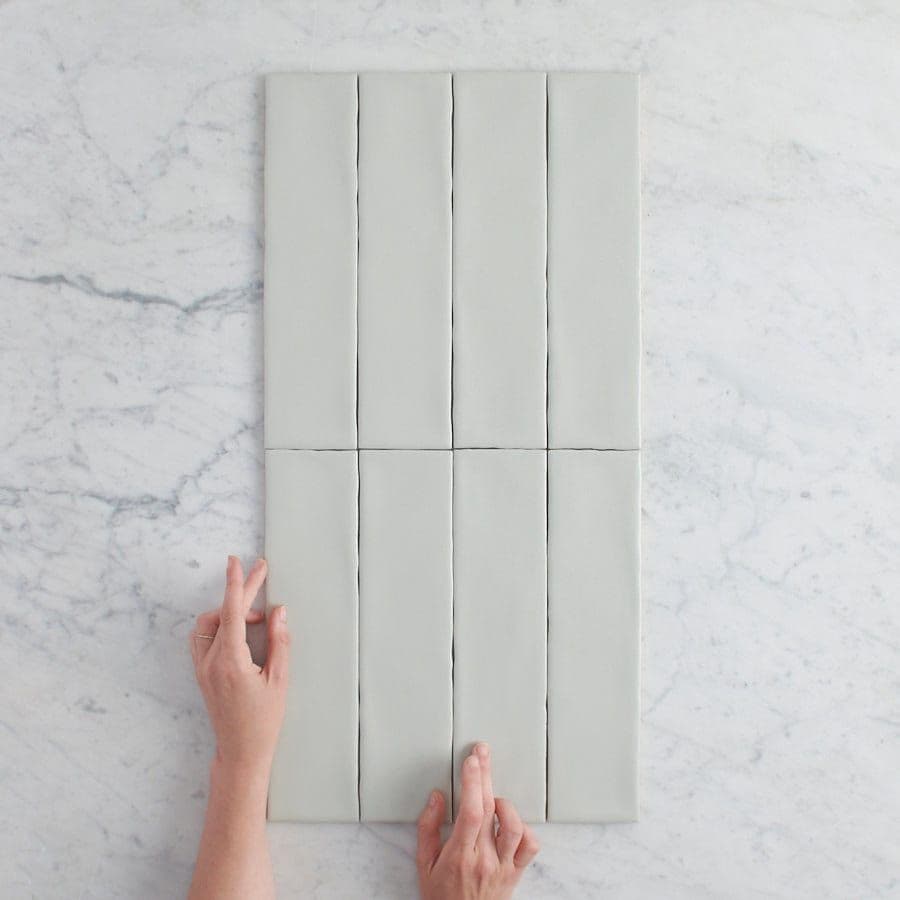
Newport Matte Subway Sage Green Tile
$75.65/m2
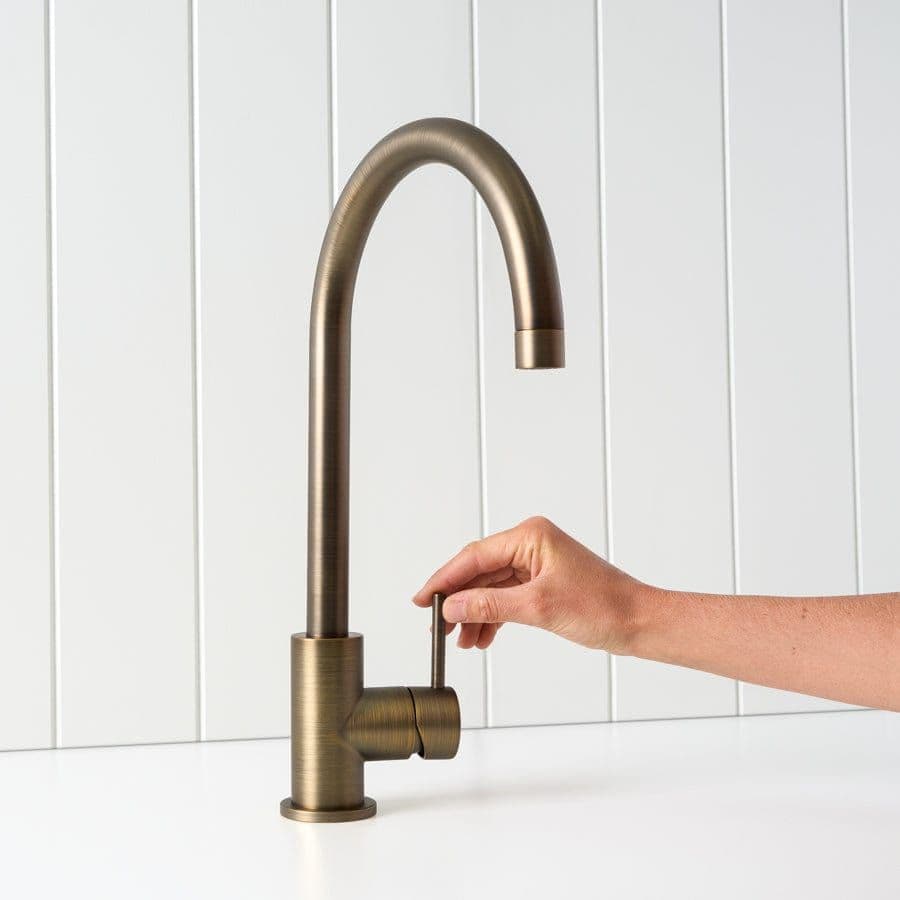
Sydney Round Kitchen Mixer Antique BrassYabby Tapware
$370
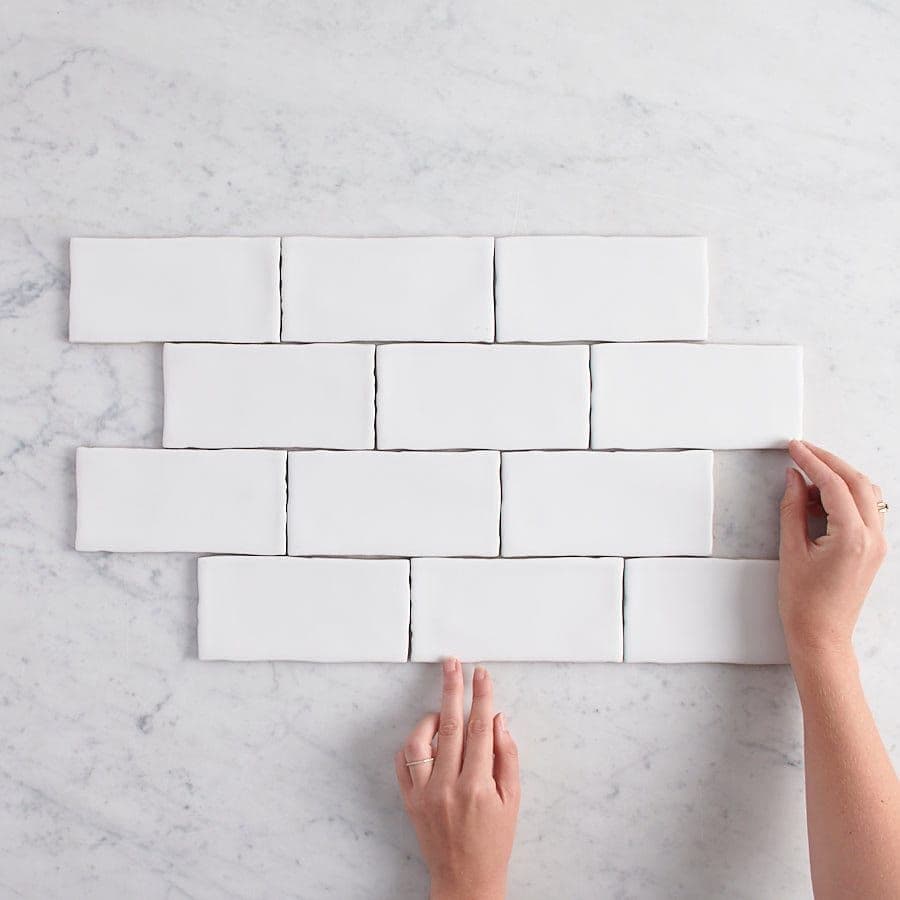
Newport Matte Small White Subway Tile
$70.14/m2
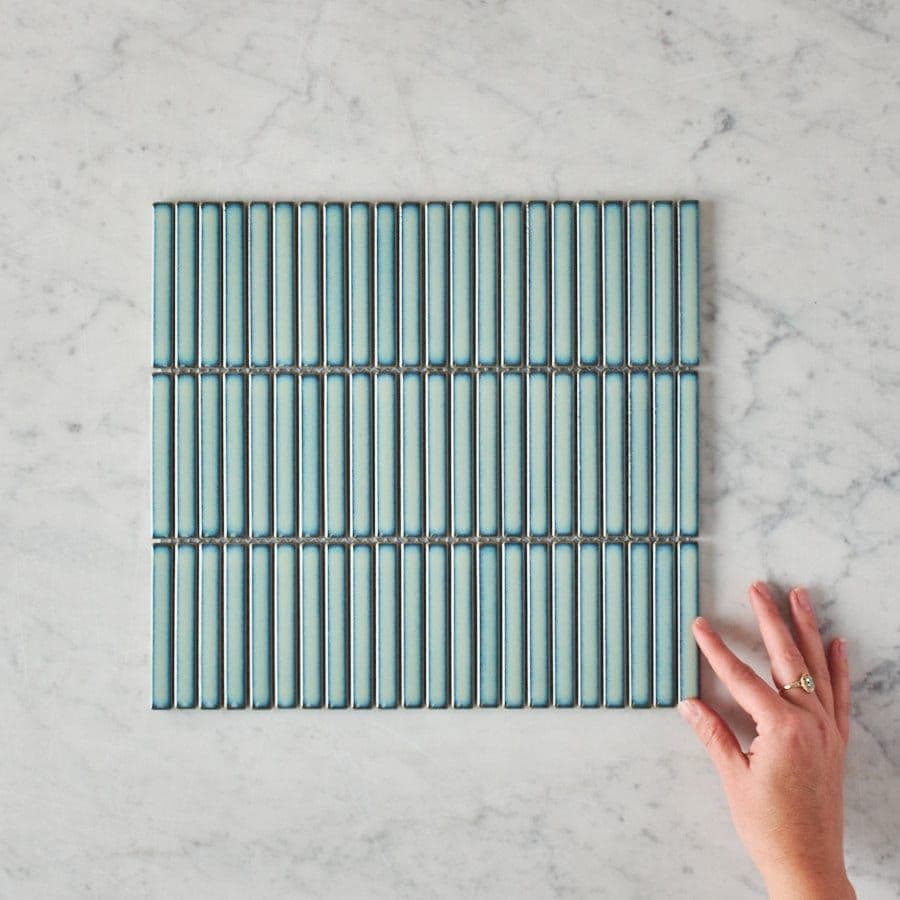
Coogee Antique Sage Green Kit Kat Mosaic Tile
$140.31/m2
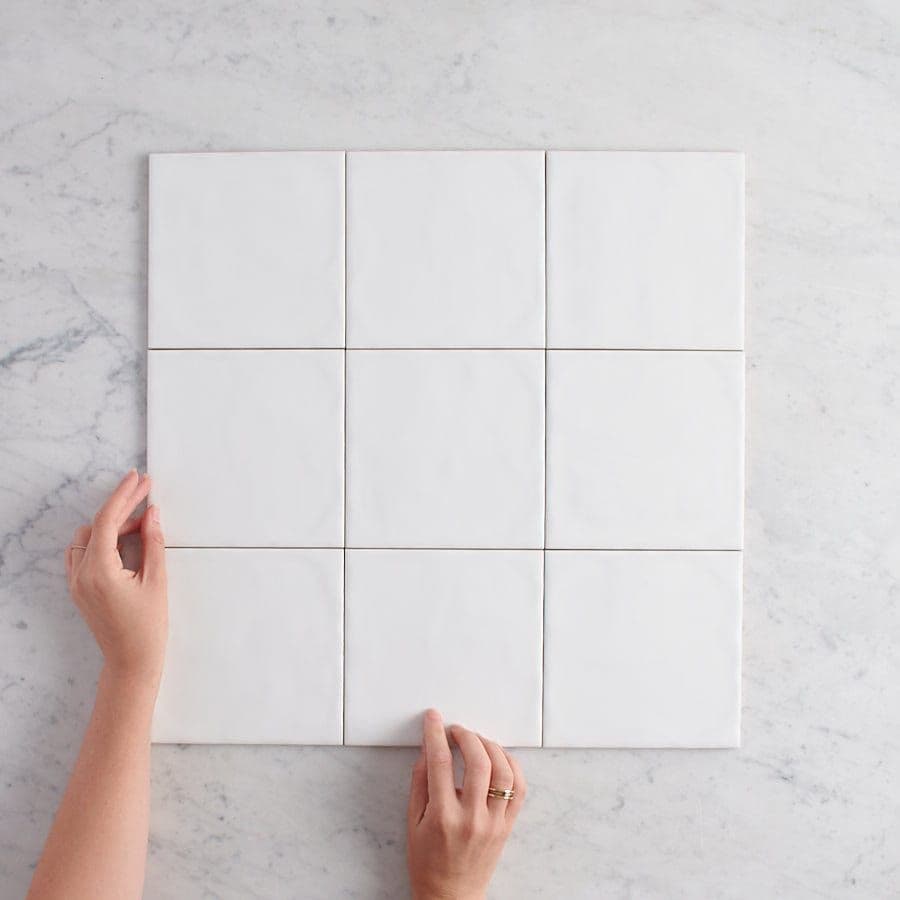
Newport Matte Large Square White Tile
$69.18/m2
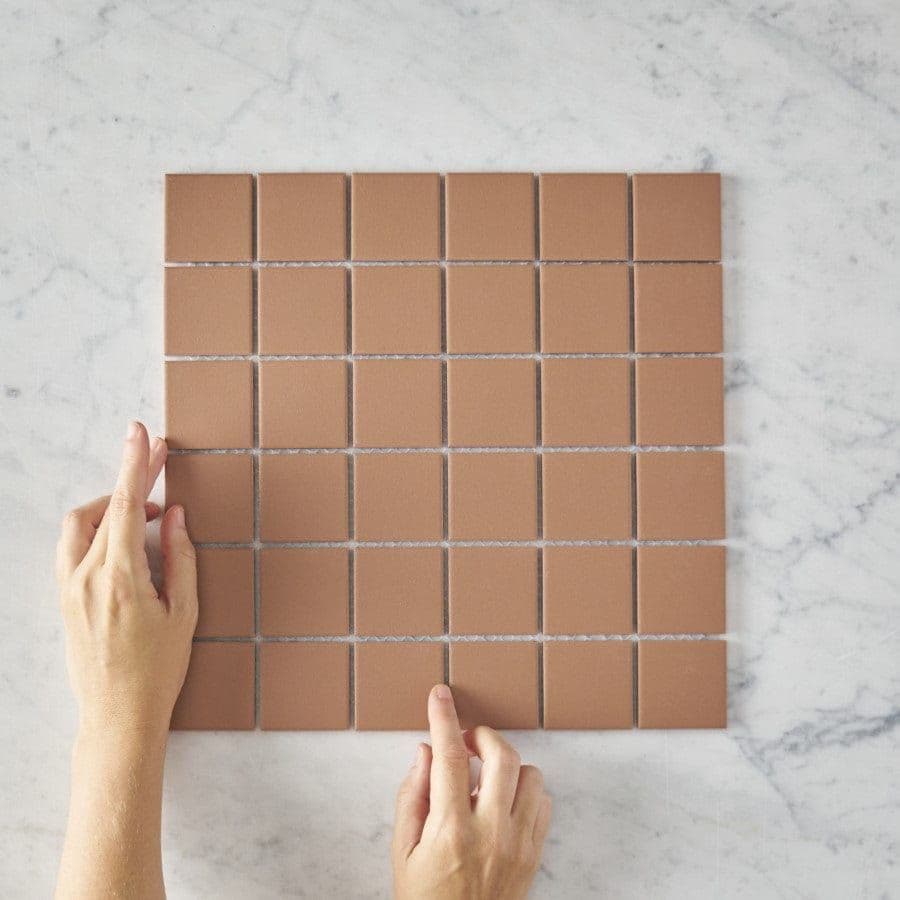
Haddon Terracotta Matte Medium Square Tile
$80.09/m2
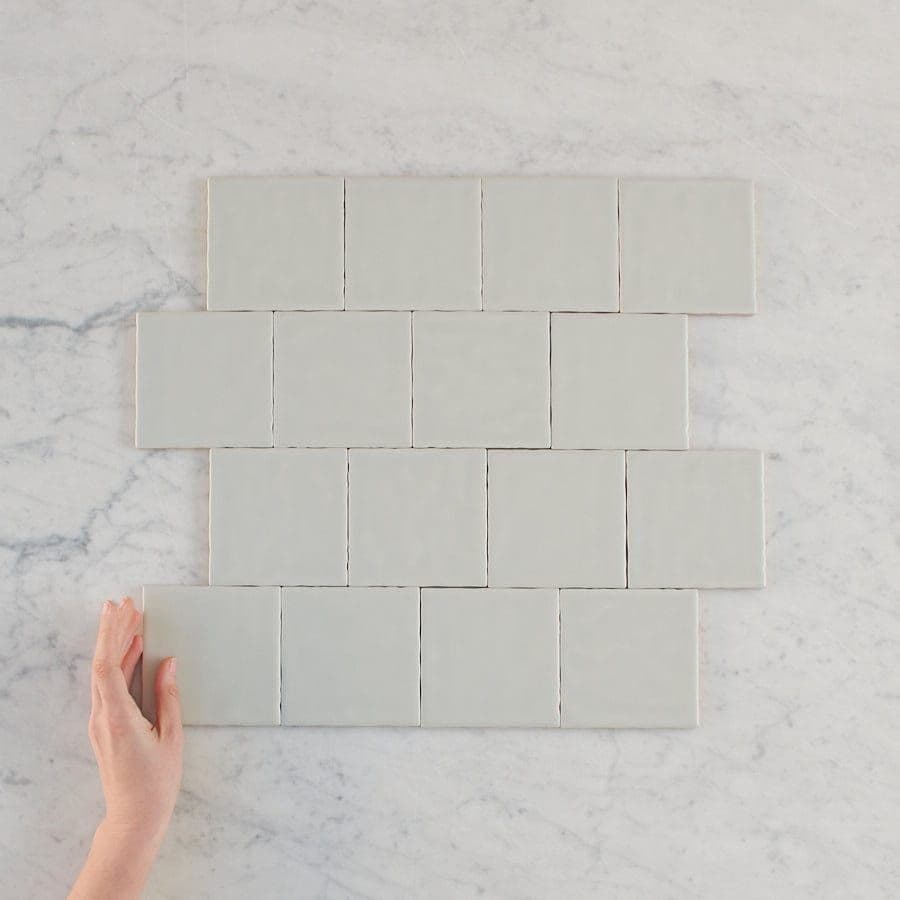
Newport Matte Sage Small Square Tile
$91.96/m2
